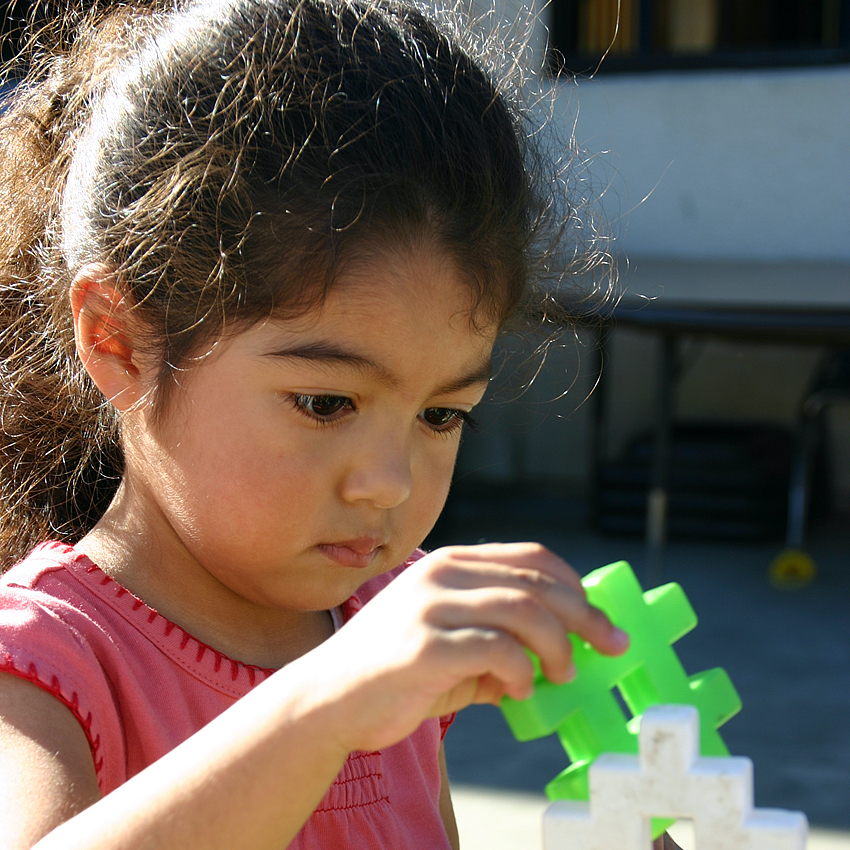
Our social environment shapes our learning from the moment we are born. Children not only have inductive biases that shape their early learning from themselves and others, but our beliefs about social categories are shaped by the kinds of people we encounter and the kinds of experiences we have. My work seeks to understand how cognitive factors, such as how we seek out information actively and integrate information from others, as well as emergent characteristics of our environments, such as social coordination, can serve as a powerful source of information--but also make us potentially prone to phenomena such as belief divergence, or essentializing and stereotyping of social categories.

Computational techniques such as multi-agent reinforcement learning (MARL) and large language model (LLM)-based generative agents are emerging tools that have the potential to allow us to model social interaction with greater fidelity and complexity. In my research, I use these models, complemented by traditional Bayesian approaches, to show how social phenomena such as stereotyping and belief divergence can emerge from dynamic social interactions.